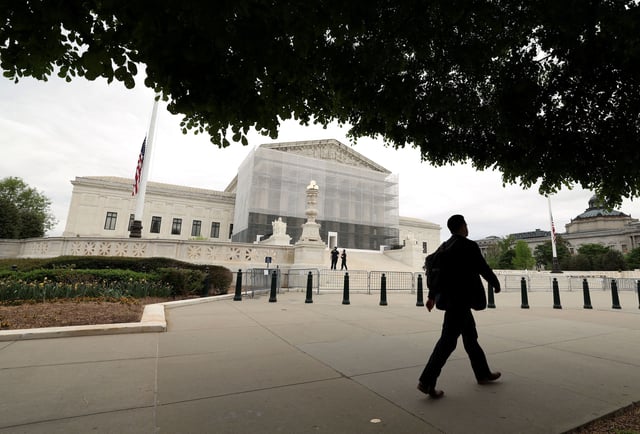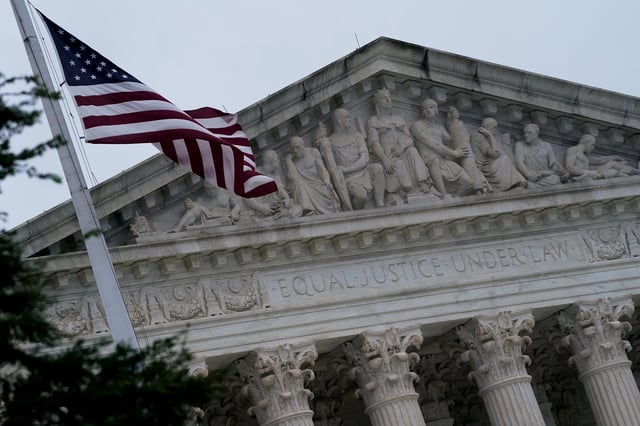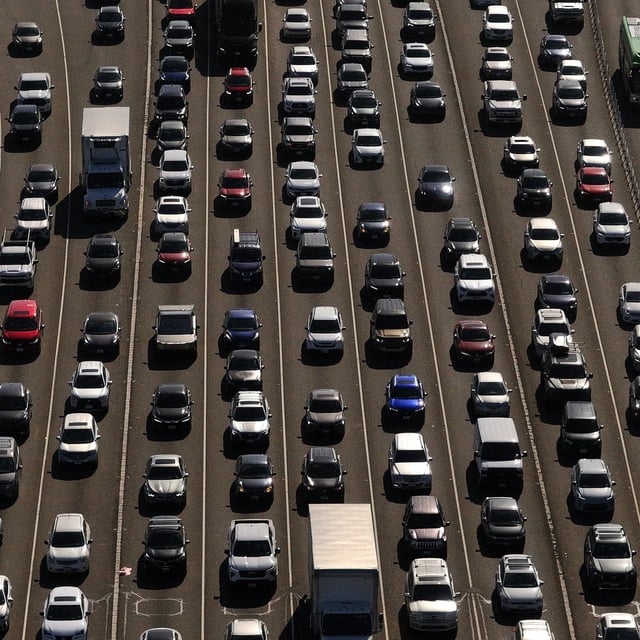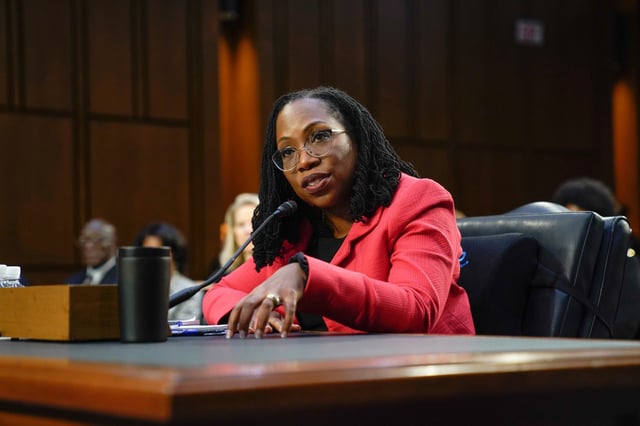Overview
- The 7-2 ruling written by Justice Brett Kavanaugh found that fuel producers have legal standing to sue under the Clean Air Act.
- Justices Sotomayor and Jackson dissented, cautioning that the decision could undermine state-driven environmental programs.
- The case challenges the Environmental Protection Agency’s 2022 waiver that restored California’s power to impose its own emissions limits and zero-emission vehicle mandate.
- The court declined to address the legality of the waiver itself, limiting its review exclusively to the question of standing.
- The ruling sets a precedent for industry challenges to federal regulations, but its immediate impact is uncertain as President Trump may rescind California’s waiver again.



